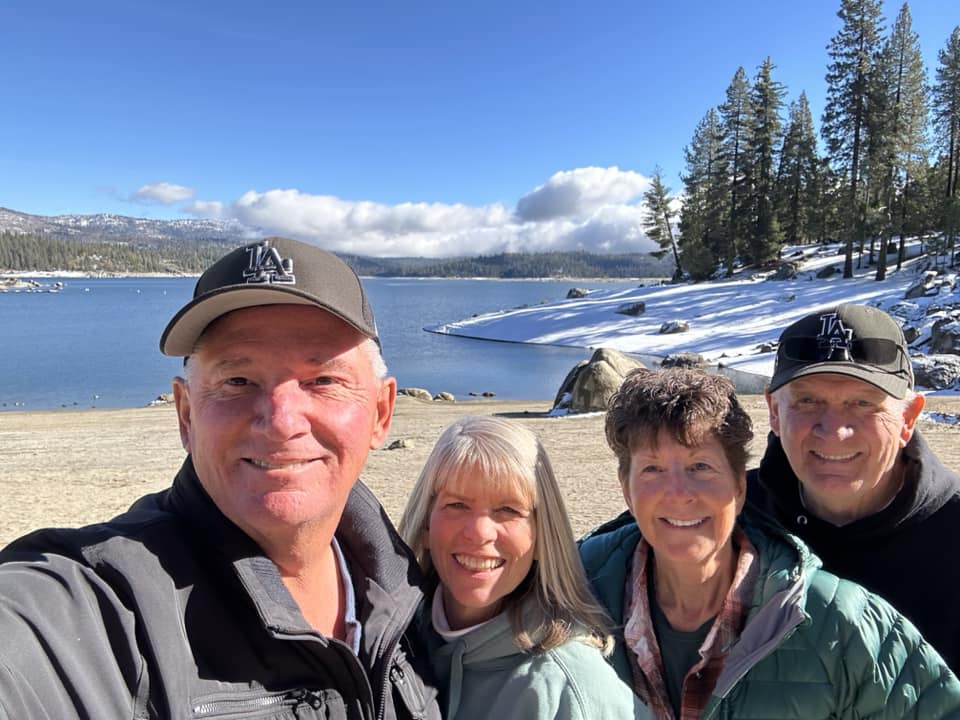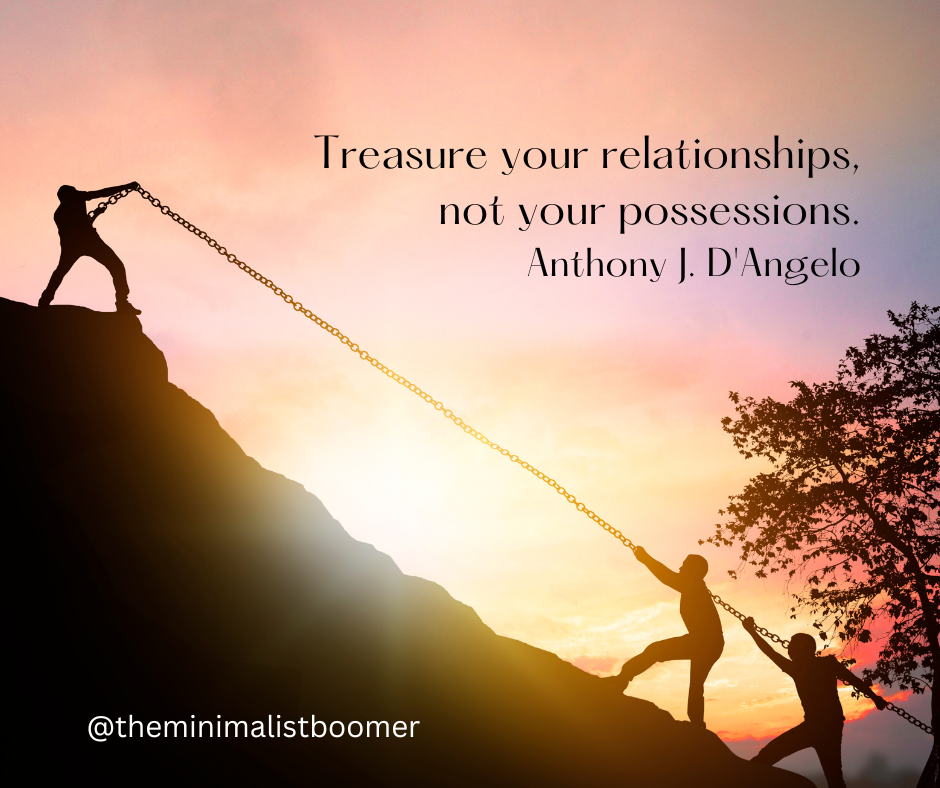There’s so much in life that we often take for granted. From small moments to big milestones, the list of things to appreciate is endless. Gratitude helps us see the good around us and reminds us what really matters. It’s not about waiting for perfect days but recognizing the beauty in the average ones. When we focus on what we’re thankful for, life feels a little brighter, doesn’t it?
The Power of Gratitude
Gratitude is more than saying “thank you.” It’s a perspective that shifts how we see the world and ourselves. When we actively focus on the things we’re thankful for, it transforms our mood, relationships, and even how we handle life’s challenges. Let’s explore how gratitude plays a role in happiness, connection, and resilience.
Boosting Happiness
Gratitude has a unique ability to elevate our mood. When we take time to appreciate what we have, it increases feelings of joy and contentment. Think about how you feel when you notice something simple—a stunning sunset, a kind word from a stranger, or even your morning coffee. These small acknowledgments can shift our mindset from what’s missing to what’s present.
Studies show that people who practice gratitude regularly tend to feel happier. Why? Because gratitude makes us focus on the positive. It’s like rewiring our brain to notice good things instead of dwelling on negatives. When we’re intentional about this practice, even more joy and positivity flow into our lives.
Improving Relationships
Expressing gratitude strengthens our connections with others. When we let someone know we’re thankful for them, it makes them feel valued. It could be as simple as thanking a friend for being there during a tough time or appreciating your partner for their daily support. These small acts build trust and deepen bonds.
Gratitude also helps us avoid taking people for granted. Relationships thrive when recognition and appreciation are present. Imagine how much closer we can feel to others by acknowledging their kindness and efforts.

Enhancing Resilience
Life can throw unexpected challenges our way, but gratitude helps us stay grounded. When we acknowledge the good things—even during hard times—it shifts our focus. Gratitude doesn’t erase pain, but it reminds us of the strength we gain from the positives in our lives.
For example, if we’re going through a tough situation, reflecting on what we still have can help us cope. Maybe it’s the support of loved ones or the lessons we’ve learned. Gratitude is like an anchor that keeps us steady when life feels turbulent. It fills us with hope, reminding us that brighter days are ahead.
Even in small doses, gratitude has a powerful way of helping us manage stress and see light in the darkest moments.
Things to Be Grateful For
Gratitude shapes how we view the world. It helps us see the good amid the chaos and keeps us grounded. From big, life-changing moments to the smallest joys we might overlook, there’s always something to appreciate. Let’s take a closer look at a few areas of life that remind us to give thanks.

Family and Friends
Our closest relationships are often the foundation of our happiness. Family and friends provide support, laughter, and shared memories that make life richer. They’re the ones who stand by us in tough times and celebrate our successes.
Think about a moment when a loved one’s kindness made a difference. Maybe it was a heartfelt conversation, a random check-in, or even a warm hug when we needed it most. These connections remind us we’re not alone in this journey. Relationships don’t have to be perfect to be meaningful, and being thankful for those who care about us creates deeper bonds.
Health and Well-Being
Health isn’t something we should take for granted. Whether we’re in excellent health or managing challenges, our bodies allow us to experience life. Walking, talking, breathing—these everyday functions are privileges we can often overlook.
When we appreciate our health, we shift focus from what’s lacking to what’s working. Maybe it’s the strength to get out of bed each morning or the ability to enjoy a favorite hobby. Gratitude for our physical and mental well-being reminds us how much we can do, even on difficult days.
Nature and Environment

The world around us has so much to offer. Watching the sun rise, hearing birds chirp, or feeling a cool breeze can bring peace. Nature has a way of calming our minds and making us feel connected to something bigger than ourselves.
Have you ever noticed how a walk outside changes your mood? The beauty of trees, flowers, and wide-open skies remind us how incredible life is. Whether it’s a nearby park or a mountain view, these moments bring us a sense of wonder and gratitude.
Opportunities and Achievements
Life is filled with chances to grow and succeed. Every opportunity we’ve had, every lesson we’ve learned, and every achievement we’ve earned deserves recognition. These moments shape who we are and where we’re headed.
When we take a step back, we see how far we’ve come. Did we land a great job or overcome a challenge we never thought we could handle? These milestones, big and small, are proof of our growth. Gratitude for these opportunities fuels our motivation to keep moving forward.
Everyday Simple Joys
Sometimes, it’s the smallest things that bring the biggest smiles. A delicious meal, a good book, or even a kind stranger holding the door—these moments add color to our days. Life doesn’t always need fireworks to feel special.
When was the last time you paused to enjoy those simple joys? The smell of fresh coffee, a favorite song on the radio, or a warm blanket on a cold night—these everyday blessings make life sweeter. Celebrating these tiny moments helps us find happiness in the here and now.
Gratitude reminds us of life’s richness, even in its simplest forms. It brightens our mood, strengthens relationships, and helps us face challenges with greater resilience.
By making a habit of noticing and appreciating the good, we open the door to more joy and connection. Let’s choose to embrace gratitude daily. Who or what are we thankful for today?

The beauty of gratitude is its ripple effect—it lifts us and those around us. When we focus on what we have, life feels more meaningful. So, this Thanksgiving, let’s keep finding reasons to be thankful and inspire others to do the same.









